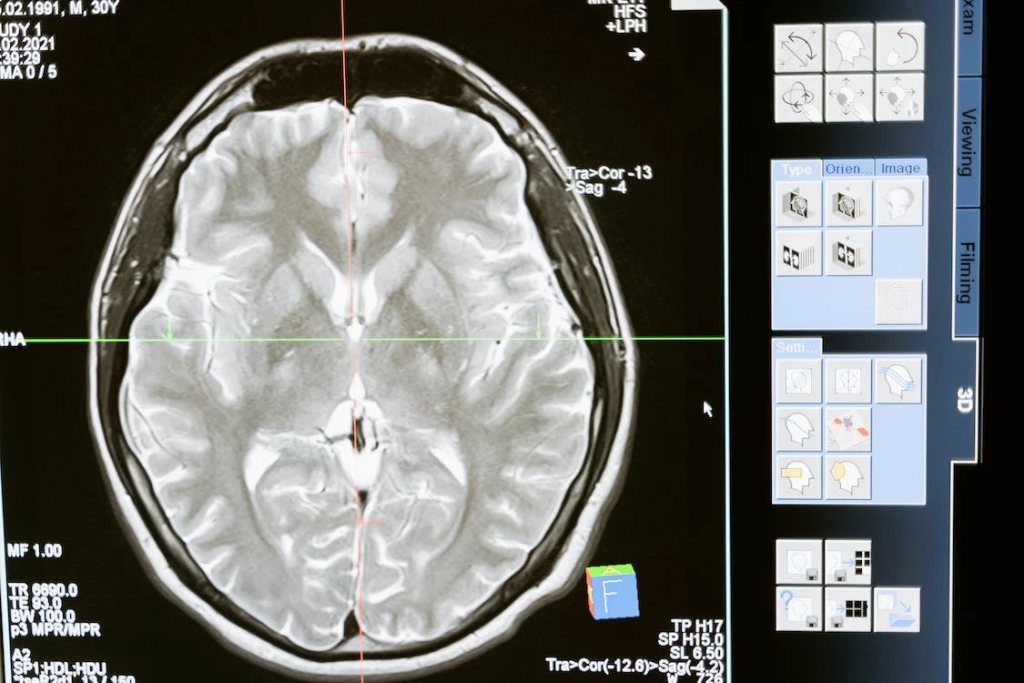How Brain Injuries Can Affect People in Their Later Years

Collaborative Post
Brain injuries can present themselves in many ways but how can they impact people later on in life?
Sustaining a brain injury can be a life-altering event, and as individuals age, the repercussions may become more pronounced. From traumatic incidents to gradual degeneration, various factors can contribute to brain injuries.
For seniors, understanding the potential long-term impacts is crucial for effective support and care. In the context of brain injury claims, it’s essential to recognise the diverse nature of these injuries, which can include concussions, traumatic brain injuries (TBIs), and acquired brain injuries (ABIs).
With this in mind, in this article we’ll going to explore how else brain injuries can affect seniors in later years. Let’s delve in…
Cognitive Impairments Dealing with the Memory and Understanding
Cognitive impairments from brain injuries can be tough to handle. They often bring memory problems, trouble concentrating, and finding solutions becomes harder. In later years, seniors might struggle with daily tasks they used to do easily, making them feel upset and like they’ve lost something important.
When brain injuries are severe, they can make things like dementia or Alzheimer’s more likely, making the situation even tougher to deal with. These challenges don’t just affect the person – they also impact their family and how they see themselves. Getting through this needs a lot of understanding, special care, and support for the person dealing with these changes.
Emotional and Behavioural Changes
Brain injuries in seniors don’t just affect the body. They often bring emotional and behavioural changes that might not be immediately visible. These alterations can include shifts in mood, increased irritability, and heightened feelings of anxiety or depression. Coping with these emotional changes can be challenging, both for the individual experiencing them and for their loved ones.
To address these shifts, a compassionate approach is essential, often involving therapy sessions and support from various networks. Understanding and acknowledging these emotional adjustments are crucial steps in assisting seniors in handling the effects of brain injuries, fostering an environment of empathy and care amidst these often-unseen struggles.
Physical Effects of Head Trauma
Brain injuries can deeply impact seniors, not just emotionally but also physically. The aftermath of such injuries can cause persistent headaches, bouts of dizziness, and challenges in motor skills, making everyday tasks more demanding. Mobility issues might surface, hindering their usual activities.
Alongside these, seniors may experience ongoing discomfort, fatigue, and heightened sensitivity to various stimuli. These physical effects highlight the profound toll that brain injuries can have on seniors, significantly altering their daily lives and requiring additional support and understanding from caregivers and medical professionals.
Increased Risk of Neurological Disorders
Seniors who have experienced brain injuries face a higher likelihood of developing neurological disorders later in life. Conditions like Parkinson’s disease or epilepsy may become more pronounced.
The link between the initial brain injury and the onset of these disorders requires vigilant monitoring and proactive medical attention. Effectively managing these evolving health concerns is crucial for safeguarding the overall well-being of seniors and demands ongoing medical support and care.
Social Impacts
The ramifications of a brain injury stretch beyond the individual, affecting the social connections of seniors. Interactions with family and friends might alter due to difficulties in communication or cognitive limitations, leading to strained relationships.
A sense of isolation or withdrawal from social engagements might arise, impacting their social involvement. Reintegrating into social circles could require specialised support that caters to the unique needs of seniors coping with the aftermath of a brain injury.
This support encompasses fostering understanding among peers and facilitating inclusive environments that encourage their active participation, ensuring they feel included and supported in various social settings.
Support Networks
Recognising the varied challenges posed by brain injuries in seniors, establishing robust support networks is paramount. These networks extend beyond immediate family and friends and often include healthcare professionals, therapists, and legal advocates specialising in brain injury claims.
Legal support becomes particularly crucial when seeking compensation for medical expenses, ongoing care, and addressing potential negligence that led to the brain injury.
The lasting effects of a brain injury on seniors
When it comes to ageing with a brain injury, seniors require comprehensive and nuanced support. From cognitive impairments to emotional challenges, physical limitations, and increased vulnerability to neurological disorders, the journey demands a collaborative effort.
Legal assistance through brain injury claims can provide a vital avenue for securing the resources needed to deal with the uncertain terrain of long-term impacts on seniors. As we collectively strive to understand and address the unique needs of seniors with brain injuries, fostering empathy and fighting for their rights remains paramount.
Image Credit MART PRODUCTION
